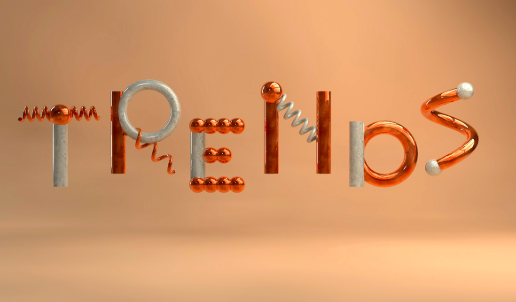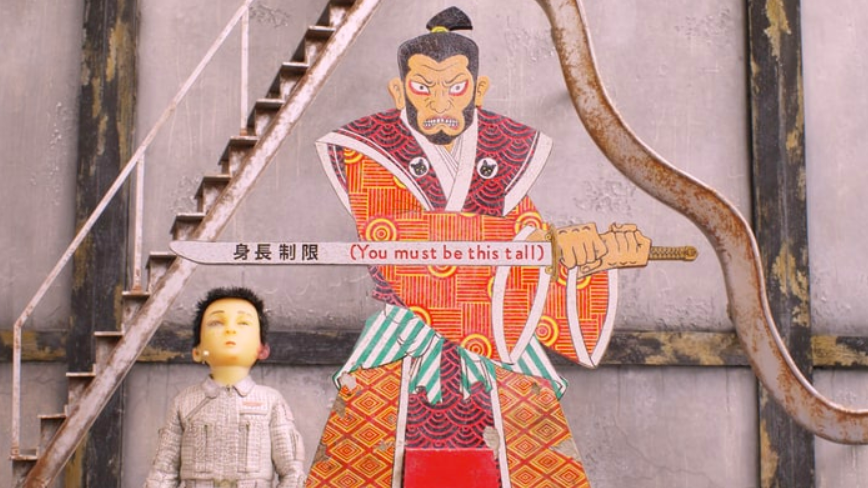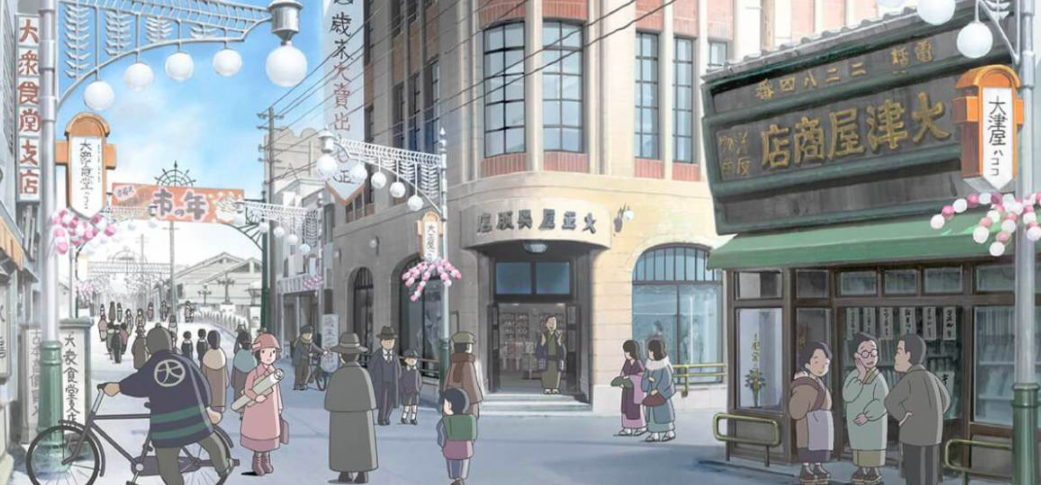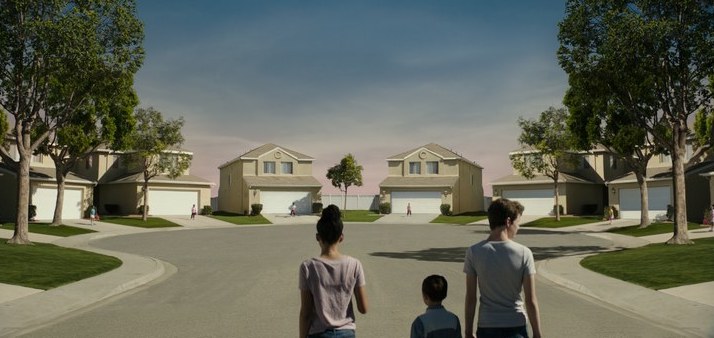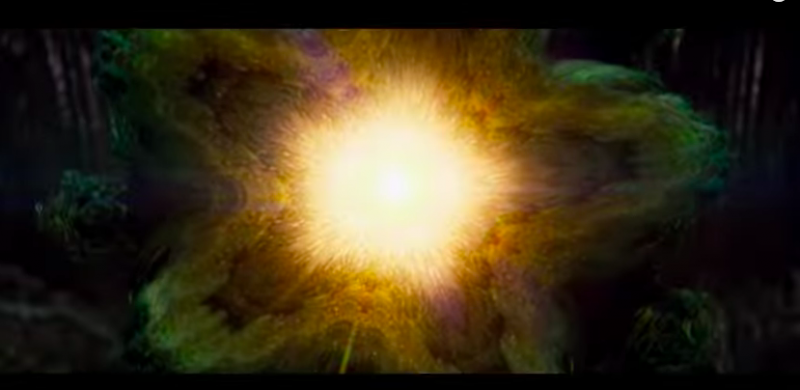 aNewDomain – The new Bon Jovi album out Aug. 21 is about change, and it’s not very subtle. Titled “Burning Bridges,” the 10-track record represents Bon Jovi’s first album without longtime guitarist Richie Sambora on board, as well as the last one dropped under contract with Mercury records. Both relationships spanned thirty years, and you might think the old rocker would have a little to say. You’d be right.
aNewDomain – The new Bon Jovi album out Aug. 21 is about change, and it’s not very subtle. Titled “Burning Bridges,” the 10-track record represents Bon Jovi’s first album without longtime guitarist Richie Sambora on board, as well as the last one dropped under contract with Mercury records. Both relationships spanned thirty years, and you might think the old rocker would have a little to say. You’d be right.
“So this is it … ” Bon Jovi laments in “Teardrop to the Sea,” the three-minute radio-track equivalent of “the world’s smallest violin playing for you.”
Here it is / A pot of gold, A Judas kiss / I got what I wanted, I paid every cost / I’d give it all back, to get back what I’ve lost … It’s all just a memory … ”
And so it goes, all the way to the title track near the end of the album, when things get very direct. Here, while finding ways to say goodbye in about seven different languages, and maybe mangling the Anglo-Germanic linguistics a little (good nacht, guten abend? Or is it, in classic American southern dialect, “good naht?”), the singer invites the listener, assumedly some label execs, to “play it for your friends in hell,” reminding them that “here’s one last song you can sell.” To a slower, more intimate, camp-tambourine background, Bon Jovi plays around with a pretty unusual approach to songwriting, a “sing-along” with a bit of a bite. Toward the end of the track, any ambiguity wears off:
“After 30 years of loyalty / They let you dig the grave / Now maybe you could learn to sing or even strum along / I’ll give you half the publishing, you’re why I wrote this song … ”
So you really get a window into how Bon Jovi really feels about the twenty million records he and Mercury sold together. As for Sambora, who said he left to spend more time with his family, Bon Jovi hasn’t written any bad blood into the record, and when asked, said a band isn’t a “life sentence.”
That Old Time Rock And Roll
Although the album’s hate-letter approach to industry ties takes a front seat, there’s still a lot of what Bon Jovi is known for, including raw love ballads like “Who Would You Die For?” and “Fingerprints,” a waltzing 80s-style track with crooning about being tangled up in somebody’s sheets. That’s the stuff of old tracks like “Bad Medicine” and “You Give Love a Bad Name” that’s more dark-romantic than transactional.
Then there’s the populist, we-the-people tracks that also hearken back to the days of Bon Jovi’s old repertoire, with songs like “We Don’t Run,” where the artist waxes deeply poetic about the state of the world today:
Take a look around you, yeah, the sky is falling / Sinners say your prayers this train is off the tracks / Nothing is forever when tomorrow’s calling / Dancing with the devil to get one day back … ”
In the midst of this call to action, there’s a lot of chest thumping, including the proposition that those “burning bridges” will rise “like a Phoenix from the ashes” and some baptismal language making the track the kind of general pick-me-up you wouldn’t have been surprised to hear on rock radio in the 80s.
That Signature Sound
Maybe the band has slowed down from the days of “Blaze of Glory,” “Wanted Dead or Alive,” and “Livin’ on a Prayer,” but you can still hear some of Bon Jovi’s vocal and instrumental style shine through in the new album. From the thudding bass, echoing production and arpeggiated chord changes of “Teardrop,” to the slow-croon piano-sotto of “Blind Love,” the almost theatrical process that this band always brought to its songs is still in play, and that promises to make a live show a trip back in time, to when big-haired guitar heroes filled the biggest sound stages around, and when albums like “Slippery When Wet” were on full rotation down at the local radio studio. Check out the new Bon Jovi to hear how this rock and roll soldier is still truckin’ on.
For aNewDomain, I’m Justin Stolzfus.
Image courtesy: Wiki commons
https://commons.wikimedia.org/wiki/File:Bon_Jovi_O2_Arena_Circle_Tour.JPG
Featured image courtesy: Wiki Commons
https://commons.wikimedia.org/wiki/File:Bon_Jovi_1.jpg








